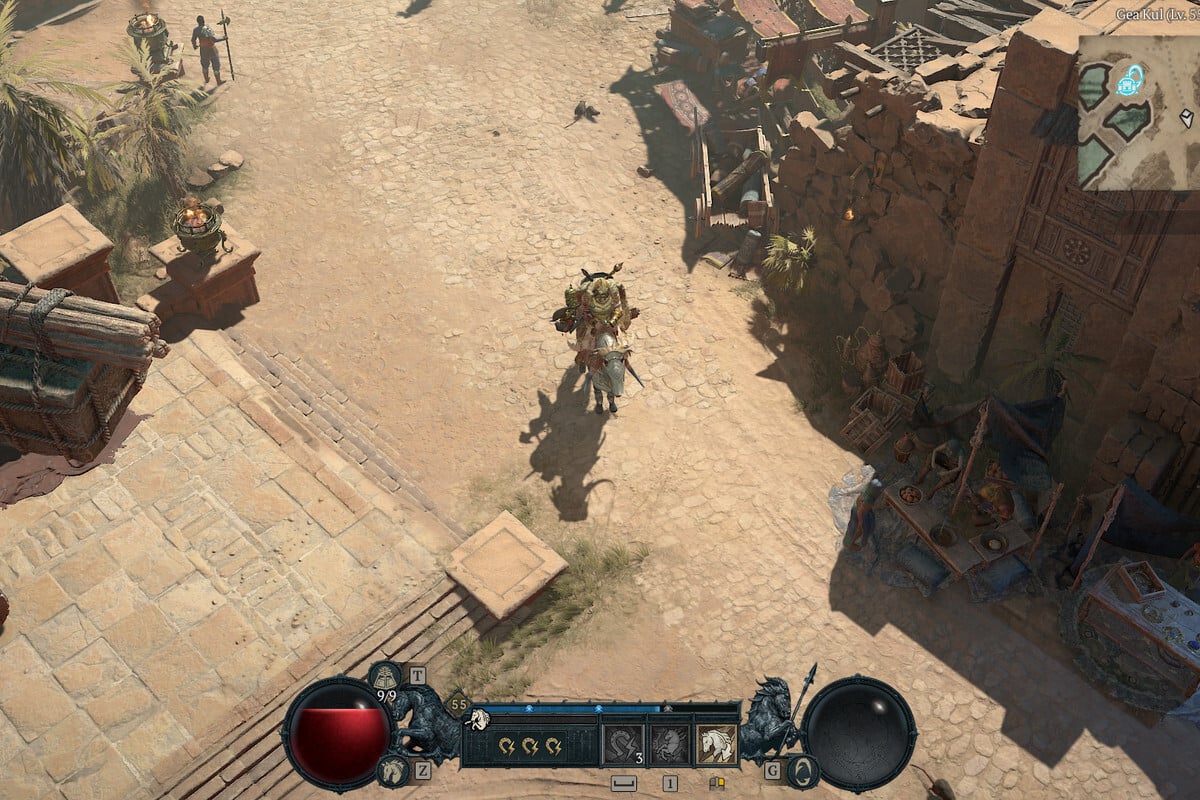Tesco Ends the Sale of Physical Games: A Comprehensive Analysis
Tesco has recently announced its decision to stop stocking physical video games in its 2,800 stores. This decision contributes to the spiralling decline of physical software and marks a significant shift in the gaming industry. The firm will begin phasing out boxed PlayStation, Nintendo, and Xbox games immediately, meaning once its current crop of stock has sold out, there will be no more physical games available in Tesco stores.
The supermarket giant’s decision hinges on a transition towards digital entertainment. It will continue to stock digital wallet top-ups for use on platforms like the PS Store, but that will be the extent of its in-store video game offerings. This move is in line with the increasing trend of digital purchases in the gaming industry. For instance, last month, the four biggest new releases in the UK – Diablo 4, Final Fantasy 16, Street Fighter 6, and F1 23 – sold just 18% of their copies at retail, with the remaining 82% purchased digitally.
PlayStation 5 Games
The Digital Shift and Its Implications
The shift towards digital purchases is not surprising, given the convenience and immediacy it offers to consumers. However, Tesco’s decision will likely accelerate the transition to digital, which is already snowballing. While physical releases are not expected to disappear entirely anytime soon, they are becoming increasingly niche. As a result, we should probably expect more digital-only launches moving forward.
The move towards digital gaming has both positive and negative implications. On the positive side, digital games offer convenience and instant access. There’s no need to physically go to a store or wait for a delivery. Additionally, digital games can’t be lost or damaged and don’t take up physical space in your home.

However, there are also downsides to the digital shift. Digital games can’t be resold or lent to a friend, and they often come with digital rights management (DRM) restrictions. Furthermore, if a digital store shuts down, there’s a risk of losing access to purchased games. Lastly, digital games require significant storage space, which can be a problem for gamers with limited hard drive capacity.
The Future of Physical Games
The future of physical games is uncertain. While Tesco’s decision is a significant development, it’s important to remember that other retailers may continue to sell physical games. However, the trend is clear: digital is becoming the dominant format for video games.
The shift towards digital gaming is part of a broader trend in the entertainment industry. Movies, music, and books have all seen a significant shift towards digital formats in recent years. As technology continues to evolve and internet access becomes increasingly widespread, this trend is likely to continue.
Xbox Series X Games
The Shift to Digital Gaming
Over the past five years, there has been a significant shift in the gaming industry from physical to digital sales. In 2018, a record 89.5% of all computer and video games were sold in digital form, in contrast to only 10.5% of video games sold in physical form. By comparison, 83% of games sold in 2018 were done so through digital delivery platforms. This is a dramatic turnaround from less than a decade earlier, when 80% of video games were sold as physical copies.
Several factors have driven the shift towards digital gaming. One of the main reasons is the convenience it offers. Gamers can download and start playing a game immediately after its release without waiting for a physical copy to arrive or going to a store to purchase it.
Digital games revenue reached a record £6 billion in the United Kingdom in 2022. The number of video game users in the UK declined from the COVID-induced peak of 2021 and normalized to around 39.9 million gamers. With over 50% of the population embracing gaming as a form of fun, entertainment, or distraction, the UK’s video game market has come to be valued at £6 billion, with £4.7 billion being made up of game sales.

The shift towards digital gaming is a global trend that is expected to continue in the coming years. This trend has significant implications for retailers like Tesco, which have traditionally relied on physical game sales. As more and more gamers switch to digital games, the demand for physical games is likely to continue decreasing. This could be one of the reasons why Tesco has decided to stop selling physical games.
Final Thoughts
Tesco’s decision to stop selling physical games is a significant development in the gaming industry. It reflects the broader shift towards digital formats in the entertainment industry and is likely to have a significant impact on the future of physical games. While physical games are unlikely to disappear entirely in the near future, their role in the market is changing. As digital becomes the dominant format, gamers, retailers, and game developers will all need to adapt.
As the gaming industry continues to evolve, retailers and game developers alike must adapt to the changing landscape. The shift towards digital gaming shows no signs of slowing down, and it’s clear that the future of gaming lies in digital distribution. For retailers like Tesco, this may mean rethinking their strategy and finding new ways to engage with gamers in the digital age.

